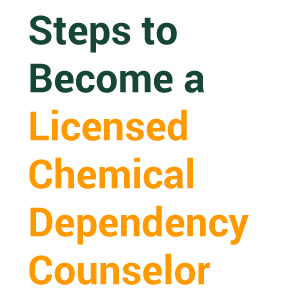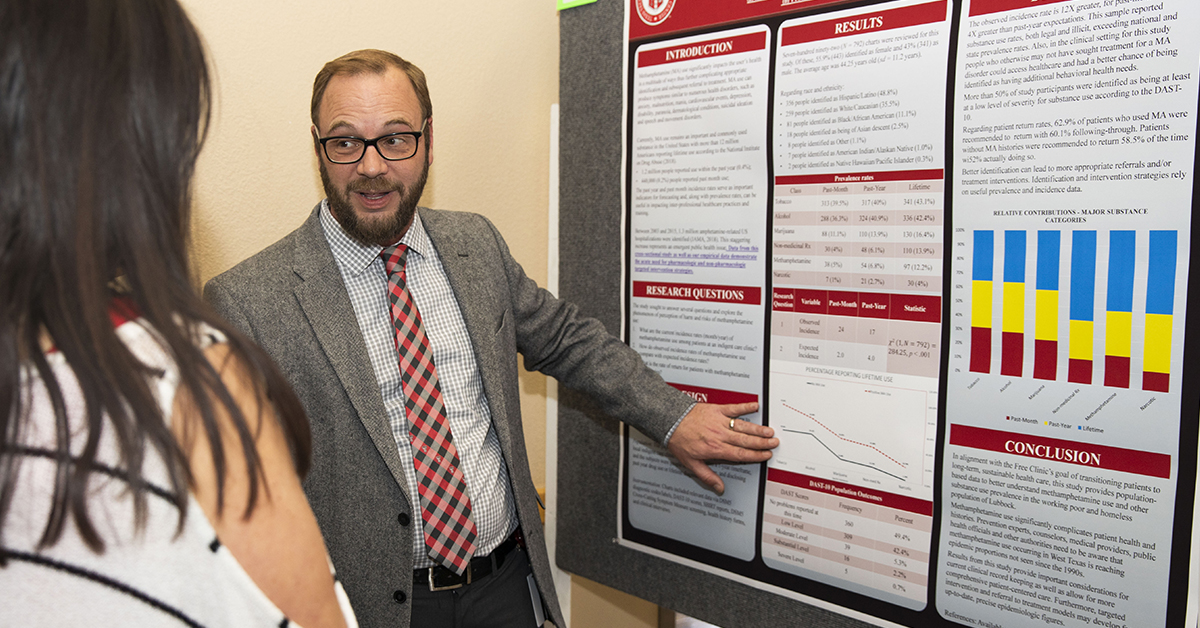Who Else Wants Info About How To Become A Substance Abuse Counselor In Texas

To become a licensed chemical dependency counselor, you must start the process as a counselor intern unless you are currently licensed in another state and applying for reciprocity.
How to become a substance abuse counselor in texas. Sober college school of addiction studies can help you meet the counseling requirements and pursue a career in any of the following certifications in texas. The texas certification board is a proud member of ic&rc, the global leader in the credentialing of prevention, addiction treatment, and recovery professionals. In texas, counselors specifically trained to address substance abuse issues are licensed as licensed chemical dependency counselors (lcdcs) through the texas department of health.
The minimum texas alcohol & drug counselor requirements for certification of an adc shall include academic achievement, work experience, and formal training, including the following:. Organized in 1981, ic&rc has. The educational path to becoming a substance abuse counselor is pretty straightforward.
While diversity is something of a rule in this field, alcohol and drug addiction counselors need to be. To receive certification, you will need. The path towards becoming a licensed or certified substance abuse counselor varies widely by state.
Earn a masters degree in. In order to become a substance abuse counselor, employers typically require a bachelor's degree, though some may require a high school diploma and a certificate or an. The sober college school of addiction studies (scsas) is a texas certification board of addiction professionals (tcbap) approved education provider, and offers a curriculum for.
Ad make an impact with an addiction studies graduate certificate or master's from capella. These disorders occur when there is recurrent use of a. Each state has different requirements for getting a counseling license.
How to become a substance abuse counselor. If you want to become nationally certified, most candidates. Complete a bachelors degree in addiction studies, behavioral, social science, or psychology field;
















